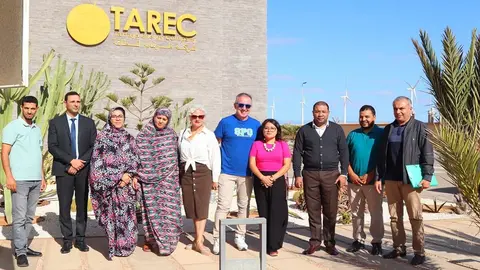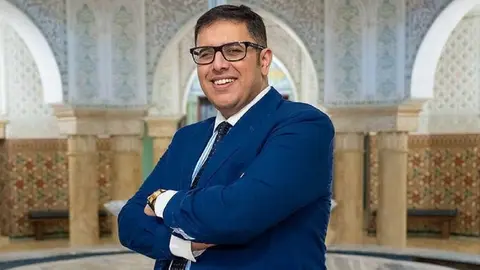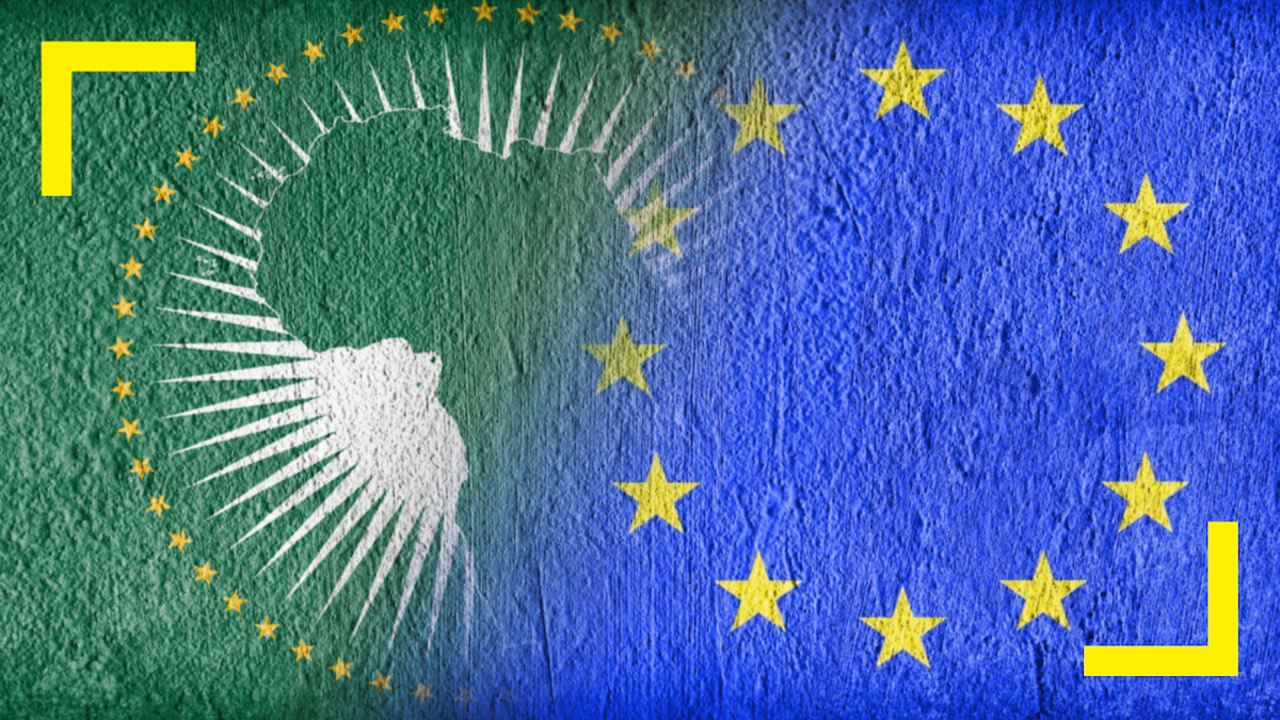Morocco defends its autonomy proposal for Western Sahara before the UN with strong international support

Morocco continues to defend its territorial sovereignty and to claim Western Sahara as a territory under its sovereignty. The North African country has received much support for its proposal for autonomy for the Sahrawi territory within the Moroccan map and continues to urge official recognition of this initiative as the definitive solution to the Sahrawi dispute.
In these terms, Omar Hilale, ambassador and permanent representative of Morocco to the United Nations (UN), intervened in New York on Tuesday on the occasion of the general debate of the 78th session of the UN General Assembly to stress that the proposal of the North African country for Western Sahara is the "only" real and valid solution to end the territorial problem in the area.
Speaking at the 78th session of the UN General Assembly, Omar Hilale stressed that more than 100 countries around the world have shown their support for the Moroccan autonomous formula for Western Sahara, with up to 30 states and various organisations having opened diplomatic delegations around the territory in Dakhla and Laayoune, all considered by Morocco as its southern provinces.

The North African country's proposal is for broad autonomy for Western Sahara under Moroccan sovereignty. An initiative that would allow the Saharawi administration to manage many areas, with foreign policy and defence remaining in the hands of the Moroccan state, all while respecting UN resolutions, as Omar Hilale also remarked. A formula that would serve to develop the area administratively, socially and economically. The proposal has received significant support from the United States, Israel, Germany, the United Arab Emirates and Spain (the former colonial power in the area), which saw this idea as the most serious, credible and realistic way of resolving the Saharawi dispute.
On the other side, the Polisario Front, with the support of Algeria, advocates holding a referendum on independence for the Saharawi people, which is difficult to achieve and has less international backing, as various analysts have pointed out.
On this point, Morocco continues to support the efforts of the UN Secretary General's Special Envoy for Western Sahara, Staffan de Mistura, who is working along the lines of dialogue between all the parties involved to reach an agreement.

De Mistura has held consultations in recent months with representatives of Morocco, Algeria, Mauritania and members of the "Group of Friends", including Spain, the United States, Russia, the United Kingdom and France. In other words, with all parties that have a stake in the Saharawi issue. He also visited the Tindouf camps in Algerian territory, where he was able to see the difficult conditions in which these people, who need a solution to the Saharawi question, are living.
The Moroccan permanent representative to the UN explained to the General Assembly that the Moroccan kingdom is implementing a new development model for the southern provinces with an investment of 10 billion dollars, which already has an implementation rate of over 80%, with the implementation of numerous social and economic projects that allow the region to establish itself as a hub of exchanges between Africa and the rest of the world, as reported by the official Moroccan news agency MAP.
Deuxième droit de réponse de Son Excellence l'Ambassadeur #Omar_Hilale, Représentant Permanent du Royaume du Maroc🇲🇦 auprès de @ONU_fr à New York, lors du débat général de la 78ème session de #UNGA78 🇺🇳, le 26 septembre 2023. https://t.co/mHsNQO1L5b
— Permanent Mission of Morocco to the UN (@Morocco_UN) September 26, 2023
Omar Hilale indicated that Staffan de Mistura himself has also been able to see for himself the development that has taken place in the region with his visits in September to Dakhla and Laayoune, in what is considered to be the Moroccan Sahara.
"This large-scale effort is part of the implementation of the lofty orientations of His Majesty King Mohammed VI, contained in the Sovereign's speech on the occasion of the 47th anniversary of the Green March on 6 November 2022," recalled Hilale. In this speech, King Mohamed VI stressed that "the approach to the defence of the Moroccan Sahara is based on an integrated vision combining political and diplomatic action with the promotion of socio-economic and human development in the region".

Morocco points the finger at Algeria
Omar Hilale also had words for Algeria, Morocco's great regional rival, especially following the Algerian decision to break diplomatic relations with the Moroccan kingdom in August 2021 after accusing it of "hostile acts", despite the fact that the monarch Mohammed VI has on numerous occasions reached out to his Algerian neighbour to maintain a good relationship between two neighbouring countries in the Maghreb.
Morocco's permanent representative to the United Nations expressed Rabat's concern over the complicated humanitarian situation in the Tindouf camps, for which Algeria should be held responsible as the camps are located on its own territory.

Morocco considers that Algeria has illegally ceded its territorial competences to the Polisario Front, which is considered an armed separatist militia that generates destabilisation in the area.
Premier droit de réponse de Son Excellence l'Ambassadeur #Omar_Hilale, Représentant Permanent du Royaume du Maroc🇲🇦 auprès de @ONU_fr à New York, lors du débat général de la 78ème session de #UNGA78 🇺🇳, le 26 septembre 2023. https://t.co/aA5lPrthXv
— Permanent Mission of Morocco to the UN (@Morocco_UN) September 26, 2023
Omar Hilale appealed to the international community for Algeria's refusal to allow a census of the people living in the refugee camps and also denounced the alleged misappropriation and mismanagement of international humanitarian aid for Sahrawi refugees in the territory, according to reports by various organisations, such as the World Food Programme (WFP) published in January 2023, as reported by the MAP agency itself.










